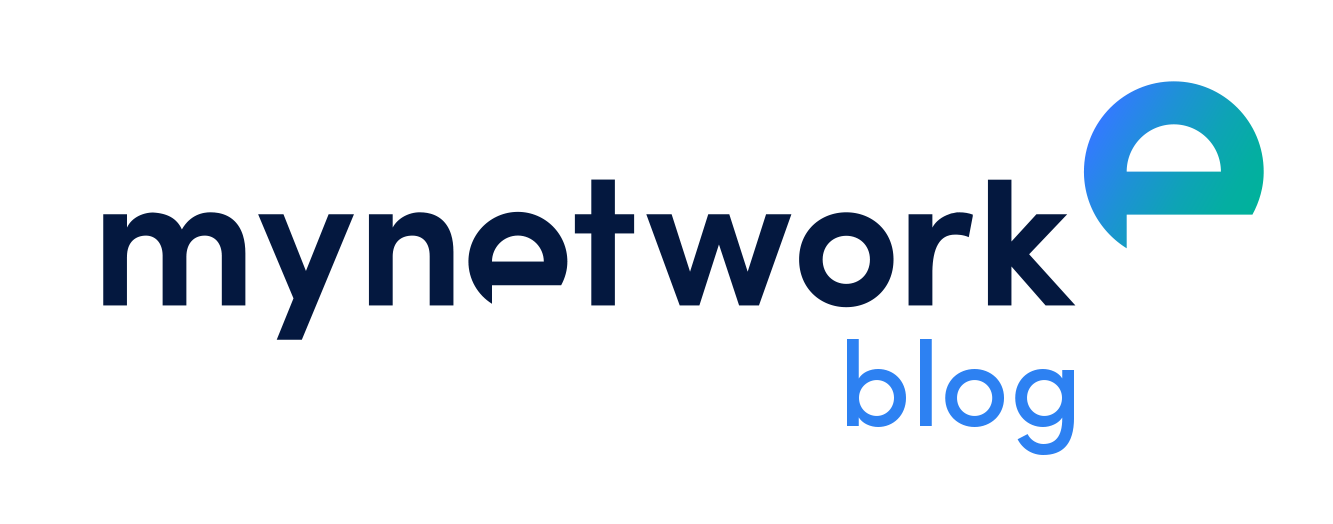Praca zdalna a cyberbezpieczeństwo w czasie epidemii koronawirusa
Poprzez szerzącą się epidemię koronawirusa z dnia na dzień obudziliśmy się w nowej rzeczywistości i przeszliśmy na tryb home office – pracy zdalnej z domu.

Zgodnie z zapisem w specustawie z dnia 2 marca 2020 o szczególnych rozwiązaniach związanych z zapobieganiem, przeciwdziałaniem i zwalczaniem Covid-19, innych chorób zakaźnych oraz wywołanych nimi sytuacji kryzysowych, „pracodawca może polecić pracownikowi wykonywanie, przez czas oznaczony, pracy określonej w umowie o pracę, poza miejscem jej stałego wykonywania (praca zdalna)”.
Sytuacja zmienia się dynamicznie, pracodawcy w pośpiechu byli zobligowani do przygotowania procedur, określających warunki pracy z domu, tak aby nie stanowiły zagrożenia bezpieczeństwa firmy. O czym powinniśmy pamiętać i na jakie zagrożenia związane z cyberbezpieczeństwem należy zwrócić uwagę?
Główne zasady pracy w trybie home office
Bezpieczeństwo danych to jedna z najważniejszych spraw związanych z organizacją pracy zdalnej. Dostęp do wewnętrznej sieci firmy i programów czy dane przetwarzane w firmie powinny być tak zabezpieczone, aby nie wyciekły na zewnątrz. Jak się bezpiecznie łączyć? Kto może korzystać ze służbowego komputera w domu? Jakie zabezpieczenia wykorzystać?
Kanały komunikacji na służbowym laptopie
Pracownicy, pracując zdalnie na służbowych laptopach, chcąc korzystać z firmowych zasobów, powinni używać bezpiecznego połączenia VPN. Pozwala ono na komunikację pomiędzy stacją roboczą a infrastrukturą firmową, jednocześnie chroniąc firmowe dane przed wyciekiem na zewnątrz. Na służbowym komputerze powinien być zainstalowany program antywirusowy, a dostęp do komputera chroniony hasłem.
Korzystając z ważnych danych, których ujawnienie może narazić firmę na liczne konsekwencje prawne i finansowe, należy pamiętać, aby nikt poza uprawnionym pracownikiem nie miał dostępu do komputera służbowego. Pracownik musi być poinformowany, że nie może udostępniać sprzętu firmowego osobom trzecim, nawet członkom rodziny.
Podczas pracy w trybie home office należy korzystać wyłącznie ze służbowego konta e-mail, aby ułatwić identyfikację sytuacji, podczas której cyberprzestępca mógłby podszywać się za pracownika, korzystając z konta w innej domenie. Mimo wszystko należy zachować czujność, ponieważ podczas pracy zdalnej wzrasta zagrożenie atakami BEC.

Błąd ludzki przyczyną cyberataków
Najsłabszym ogniwem pod kątem cyberbezpieczeństwa są pracownicy. Aż 95% ataków jest spowodowanych błędem ludzkim, wynikającym z niedostatecznej wiedzy o bezpieczeństwie informacji. Dlatego każdy pracownik zdalny powinien przejść odpowiednie szkolenie. Jak twierdzi najsłynniejszy haker świata, Kevin Mitnick: „łamałem ludzi, nie hasła”.
Szkolenie pracowników
RODO bardzo mocno zmieniło podejście do danych wrażliwych. Obecnie odpowiednie zabezpieczanie informacji o pracownikach, klientach czy kontrahentach jest niezwykle istotne, ponieważ ewentualny wyciek wiąże się z rekordowymi karami. Dlatego pracownik musi być świadomy tego, jak powinien zachowywać się podczas pracy z wykorzystaniem danych osobowych, na co zwrócić uwagę, jakie niebezpieczeństwa na niego czyhają oraz co zrobić, aby nie dopuścić do błędu ludzkiego.
MyNetwork Polska pomoże Ci zadbać o bezpieczeństwo podczas pracy zdalnej w Twojej organizacji!
Zadbaj o bezpieczną pracę z domu
Każdy pracownik, który pracuje zdalnie, powinien mieć świadomość zagrożeń, jakie czyhają w sieci. Powinien też znać konsekwencje nieprzestrzegania zasad bezpieczeństwa. Im większa skrupulatność przy organizowaniu pracy zdalnej, tym mniejsze ryzyko niepotrzebnych problemów związanych z wyciekiem danych klientów czy firmy. Warto podkreślić, że to pracodawca jest odpowiedzialny za właściwe przeszkolenie swoich pracowników.
Zadbaj o swoją firmę, szkoląc pracowników z Bezpieczeństwa informacji oraz RODO. Pamiętaj, że koszty wydane na szkolenia są o wiele niższe niż te związane z konsekwencjami nieprzestrzegania zabezpieczeń.



